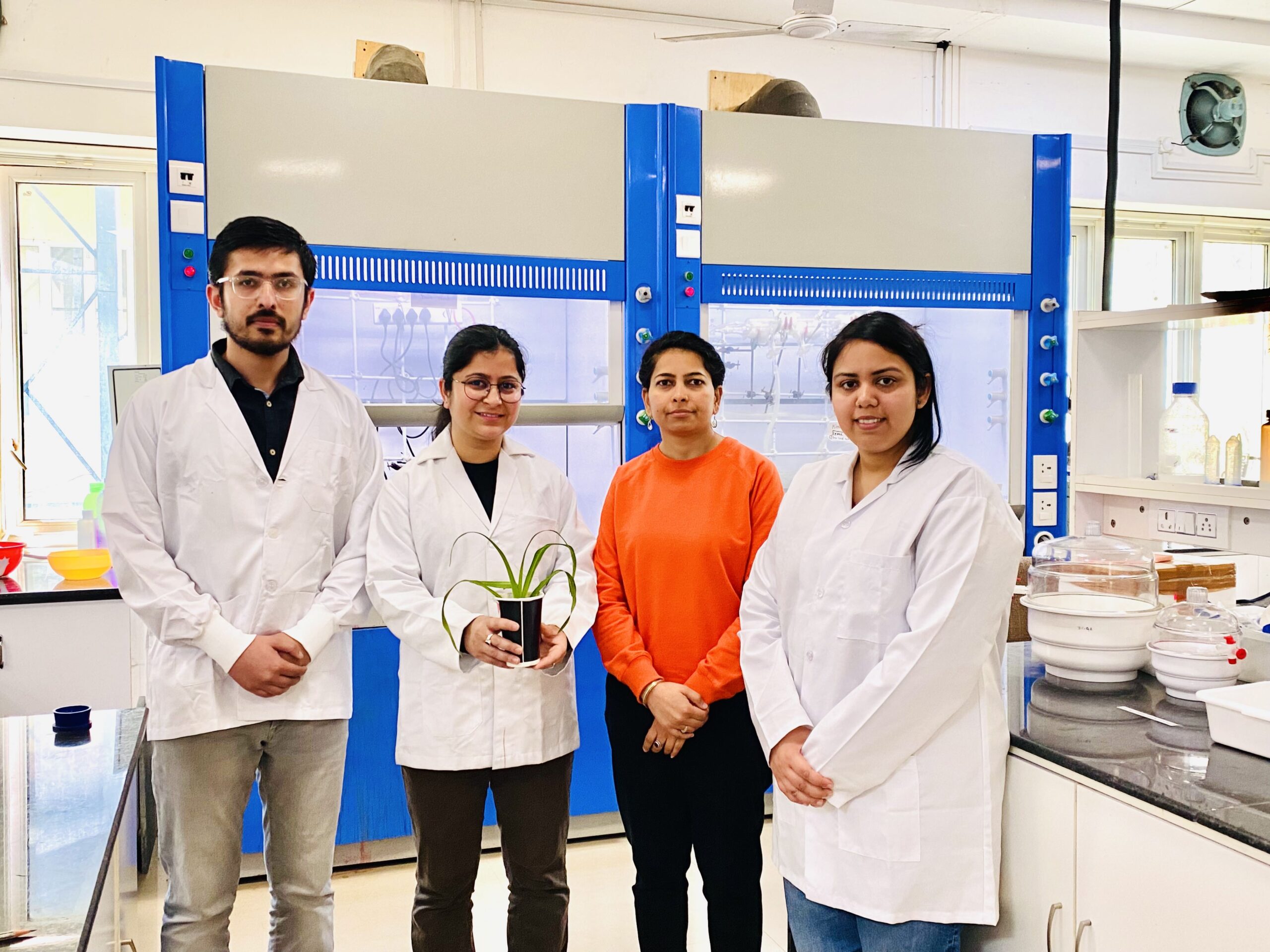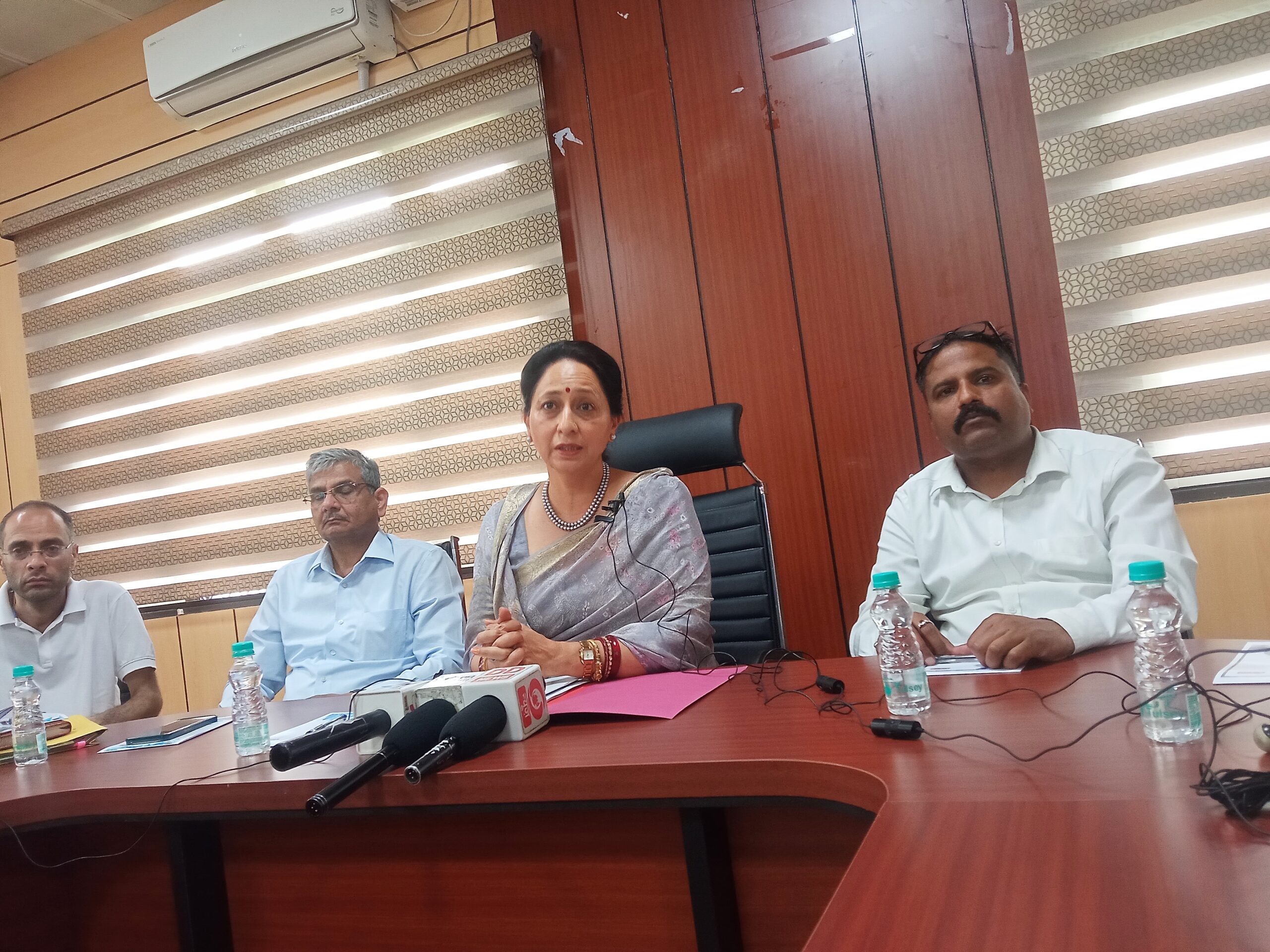Government to Introduce Bio-Engineering Solutions to Mitigate Landslides: CM.
He said Himachal Pradesh to Launch Pilot Project Using Vetiver Grass to Prevent Soil Erosion and Landslides.
Shimla:
In a bid to tackle the increasing frequency of landslides in the state, the Himachal Pradesh government is taking proactive measures by introducing bio-engineering solutions aimed at stabilizing the region’s vulnerable slopes. Chief Minister’s Sukhvinder Singh Sukhu announced today that the state government has initiated a pilot project involving the cultivation of Vetiver grass, known for its deep, dense root system that stabilizes soil and prevents erosion.
The Chief Minister shared that Vetiver grass, a globally recognized soil conservation plant, has been successfully used in landslide-prone areas, highway embankments, and riverbanks around the world. Given its proven efficacy, the Himachal Pradesh State Disaster Management Authority (HPSDMA), in partnership with the Vetiver Foundation–Climate Resilience & Sustainability Initiatives (CRSI) based in Tamil Nadu, has launched this bio-engineering initiative to develop sustainable strategies for mitigating landslides in the region.
“We are focusing on finding nature-based solutions to reduce the devastating impact of landslides,” said Chief Minister Sukhu. “Vetiver grass is an affordable, low-maintenance, and highly effective tool in preventing soil erosion, and we are confident that it will significantly contribute to safeguarding our mountainous landscapes and infrastructure.”
The initiative, which includes planting Vetiver grass across landslide-prone regions of the state, is supported by CRSI’s provision of 1,000 saplings, which have been planted in a nursery located at Berti, in District Solan. The Department of Agriculture is collaborating closely to ensure successful cultivation and care of the saplings, which are expected to play a vital role in the upcoming monsoon season. The plants have shown promising results so far, with high survival rates and signs of strong adaptation to the local terrain.
Vetiver grass is renowned for its ability to grow roots that extend up to 3-4 meters deep, which forms a robust soil-binding network that stabilizes slopes. When planted in rows, it effectively acts as a living barrier, reducing the risk of soil erosion, increasing the shear strength of slopes, and slowing down water runoff. This helps prevent the saturation of soil, a key contributor to landslides, particularly in steep and geologically unstable areas. Unlike traditional engineered solutions, the bio-engineering method using Vetiver grass offers an environmentally friendly, cost-effective, and sustainable alternative.
Highlighting the increased vulnerability of Himachal Pradesh’s slopes due to factors such as heavy rainfall, seismic activity, and deforestation, Chief Minister Sukhu emphasized the importance of implementing scientifically-backed solutions to enhance the region’s resilience to natural disasters. The state’s commitment to bio-engineering methods like the Vetiver initiative is a testament to its dedication to protecting lives, infrastructure, and the environment from the growing threat of landslides.
The HPSDMA will continue to monitor the progress of the pilot project to ensure that the bio-engineering techniques can be scaled up and applied to other landslide-prone areas of the state in the future. The initiative aligns with the state government’s broader vision of integrating sustainable environmental practices into disaster management strategies to safeguard the well-being of its citizens, especially during the monsoon season.
As Himachal Pradesh prepares for the 2025 monsoon, the pilot project is expected to serve as a model for other landslide-prone regions across India, showcasing the potential of bio-engineering in combating natural disasters.



